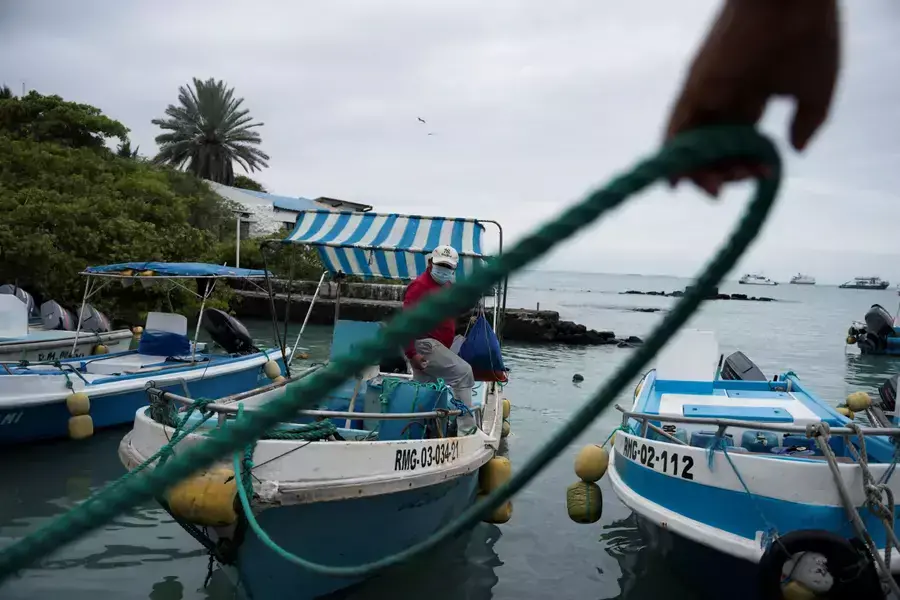Latin America This Week: May 30, 2023

More on:
Debt-for-nature swaps gain traction in Latin America. When Colombian president Gustavo Petro met with U.S. President Joe Biden, the green transition was high on the mutual agenda. One novel approach under discussion was the possibility of forgiving Colombian public debt in exchange for climate action. The region has become somewhat of a proving ground for debt-for-nature deals as it has both significant outstanding obligations and stewards some of the world’s most important natural resources. Ecuador has already swapped a record-setting $1.6 billion worth of bonds to fund conservation in the Galápagos Islands, and both Belize and Barbados made swaps with Credit Suisse in 2021 and 2022.
To fix U.S. migration woes, the government needs to go big. So argue Dan Restrepo and Marshall Fitz in their recent column for El País. Piecemeal border enforcement and policy band-aids just won’t cut it. Instead, relief will only come from expanding pathways for legal migration; investing in economic development, education, and social programs throughout Latin America and the Caribbean; and better supporting U.S. communities stepping up to host migrants and refugees. The United States already has some of the building blocks: the Los Angeles Declaration on Migration and Protection, launched at the 2022 Summit of the Americas, and a recently-proposed plan by U.S. Senator Bob Menendez (D-NJ) could provide an effective toolbox for managing record migration across the hemisphere.
Venezuelan organized crime now stretches across the continent. A new book by Venezuelan journalist Ronna Rísquez, El Tren de Aragua: La Banda Que Revolucionó el Crimen Organizado en América Latina, traces the origins of the Tren de Aragua criminal gang to Venezuela’s Tocorón prison in 2013. Known for extorsion, kidnapping, human trafficking, and contraband smuggling, Tren de Aragua’s operations have expanded rapidly since 2018 and now reach Colombia, Brazil, Peru, Ecuador, Bolivia, Chile, and possibly the United States. In an interview with BBC News Mundo, Rísquez discusses how the Tren de Aragua grew and diversified, and its impact on Venezuelan communities across South America.
More on:
 Online Store
Online Store